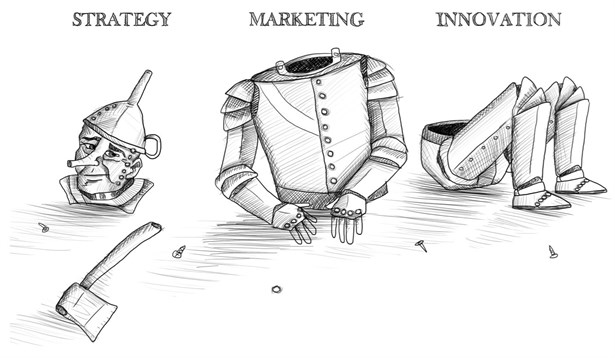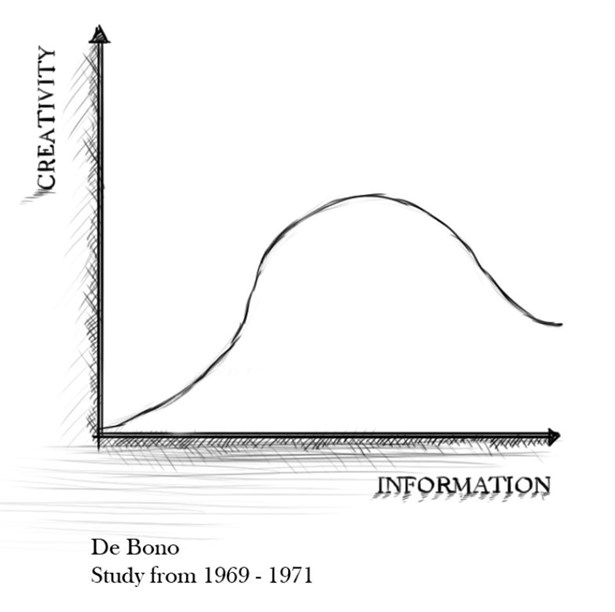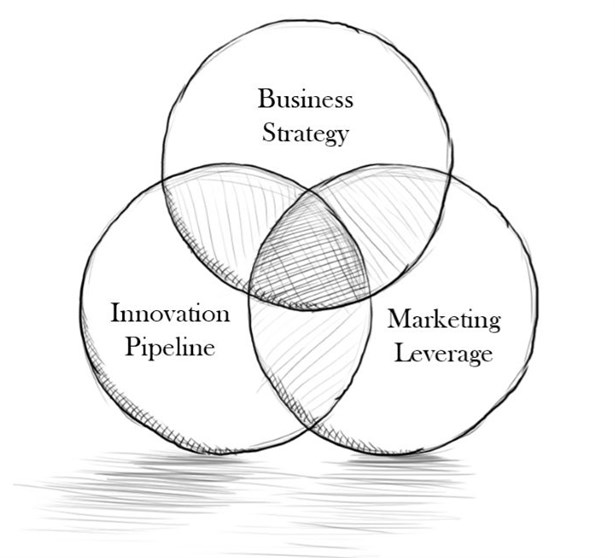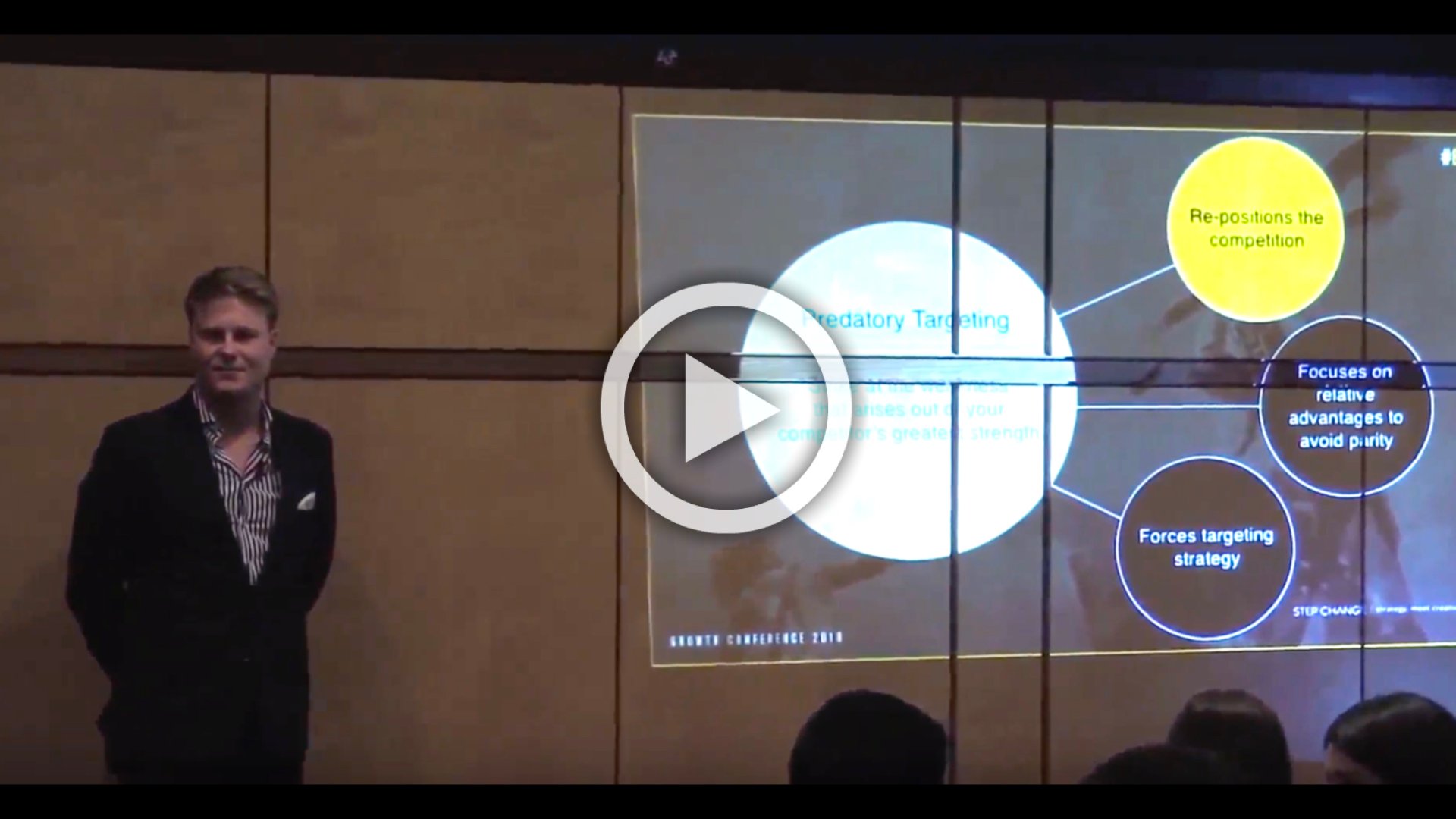Ashton Bishop is head of strategy at Step Change Marketing. This article appears in Ashton's column in Mumbrella - everything under Australia's media, marketing and entertainment umbrella
While innovation is important, in today's post, Ashton argues that it needs to be backed up with marketing to be successful.

One of our clients just learnt the hard way about the difference between business and brand. They had a strong business, with a strong technology foundation, yet they resisted advice to invest in the brand because they didn't see the need. Then a Chinese company reverse engineered their product and now the Chinese have ostensibly the same product only ridiculously cheaper. It hurt.
So the strength or weakness of a brand ONLY shows up in the face of strong competition. But, besides the obvious conflict of interest, why are clients so reluctant to heed brand advice from agencies? Well maybe we need a new model for brand and business.
Do you have a marketing advantage?
The world's most prolific MP3 player was certainly not its first. In fact 22 months before the iPod came out Creative Technologies (the sound blaster card guys in your PC) released the Creative Zen. It was 5GB and super similar to the iPod. But they couldn't market for shit.
Today they're still banging on about X-Fi3 sound processing protocol and aptX Codec. It was hard to understand and never tipped into the mass market. Then Jobs came out with, '1000 songs in your pocket' and the rest is history. Apple had a marketing, not a technology advantage.

Market share - linear or exponential?
The problem is, business, marketing and innovation aren't often seen to be working together with EQUAL importance. In their classic work, Positioning, Reis and Trout evidence that first brand to brain on average gets twice as much long term market share as number two and then twice as much again as number three. So market share tends not to be linear, but exponential.
We all see this pattern often enough to have experienced this as true. So if it's clearly the best marketing (backed by solid business) rather than the best business alone that wins then why are advertising and marketing professionals losing (not gaining) kudos with the real business leaders of our time? I suspect it comes from the disconnection between business strategy, marketing and innovation.
Traditionally the big decisions have been made at the business strategy level, with marketing being seen as an implementation role driver of market advantage. So the BCGs, McKinseys and PWCs, 'the smartest guys in the room', have been leading the way. Now the trouble is, with too much 'big data' and increasingly agile markets, the smartest guys in the room might not have the answers that businesses need.
Barriers to creative thinking and action
'Over analytics' can end up giving you a whole lot of reasons why you are where you are. This can limit creative breakthrough thinking, the type that spots the strategic inflection points in markets and creates novel and new opportunities instead of just optimising what's existing.
Why this happens is succinctly and beautifully explained by the De Bono axis (below) where he maps the relationship between knowledge and creativity. He hypothesises that you need a requisite level of knowledge to be 'usefully' creative, but too much information becomes a barrier to creative thinking and action.

Building a sustainable competitive advantage
If management consultants are the best at data, being able to figure out why you are where you are and optimising what's existing then the opportunity for marketers arises by being the 'here's how to get there' guys.
For me it comes back to the concept of sustainable competitive advantage, as defined by Richard Rumelt in Good Strategy, Bad Strategy: it's providing value that nobody else in the market can provide or providing the same value cheaper - the kicker being the word 'sustainable'.
This is where the innovation becomes so critical. See, most companies don't even have a true, resourced innovation pipeline or if they do, it's separated from the functions of marketing and business strategy.

What if we stopped thinking of our business advantages as point-in-time resource or technological advantages, but instead we looked to build a sustainable competitive advantage in marketing. It makes sense. The irony is that marketing is now often much harder to copy effectively than the underlying products. There's also the cumulative effect of the perception of innovation; meaning that you'll be perceived to be ahead today which will actually put you ahead tomorrow.
If we accept that markets are moving faster than ever before and physical products can be copied easily, surely it's time to get agile. To be a business which links business strategy with an innovation pipeline and can effectively leverage marketing to be the first 'brand to brain can win'…winning over and over, again and again.














